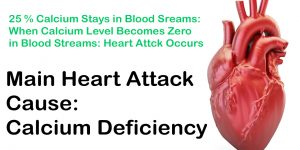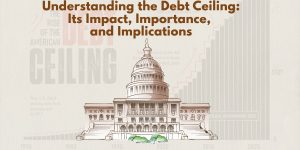COLLECTORS
This group is created for anyone out there who is into any type of collections be it stamps, coins, plants, shoes, dresses, books, even non physical things like, memories, happiness, & and other collections you think you have.
I want to know the when, where, what, how and why you started this.
Intellectual Disability replaces the term Mental Retardation
| Author | Posts |
|
My sister had a frequent asthma attack when she was conceiving her baby. As explained by her doctor, an asthma attack during pregnancy can cut back the oxygen to the fetus from her which may also include, among other risks, abnormally slow growth of the fetus (intrauterine growth retardation). When my niece was born it was evident that she had some physical disability. As she was growing up, she was enrolled in community for special children. Way before she was born, Filipino culture is not yet ready to this type of personalities. They are being ridiculed and shunned by people, not from the immediate family members, of course. They are kept inside the home and not sent to schools. Luckily, as my niece was growing up, there were already institutions that help people with disability like Caritas Manila. Also our government had created Special Education or the SPED, to address this kind of situation. Back then, persons with this condition was called ‘retarded’. Now, the diagnostic term ‘mental retardation’ is finally being eliminated by replacing it with the term ‘intellectual disability’. In 1961, the term ‘mental retardation’ was introduced by The American Association on Mental Retardation and was adopted by the American Psychiatric Association (APA) in its Diagnostic and Statistical Manual for Mental Disorders (DSM-5). Mental retardation replaced older terms such as feeblemindedness, idiocy, and mental subnormality that had become offensive. Now, over 5 decades later, the term ‘mental retardation’ is being eliminated. In the United States, associations, journals, and committees changed their names/titles. Here are some of the changes: From The International Association for the Scientific Study of Mental Deficiency (IASSMD) to International Association for the Scientific Study of Intellectual Disability(IASSID). From The Journal of Mental Deficiency Research to The Journal of Intellectual Disability Research From The United States President’s Committee on Mental Retardation to The President’s Committee for Persons With Intellectual Disabilities. The United States passed what they called, Public Law 111-256 or the Rosa’s law to replace the term ‘mental retardation’ with ‘intellectual disability and requires that person first language be used when referring to those affected in all federal laws. Rosa’s Law was based on the story of Rosa Marcellino, an 8-year-old girl with Down Syndrome from Maryland. Here is the story: “Rosa was taunted frequently and negatively called ‘retard’ in a demeaning manner. With support from her state representative and US Senator Barbara Mikulski, legislation was initiated leading to the change in the law. Such change is important not only to deal with the offensive use of the term, but also to emphasize that these are people with neurodevelopmental disorders requiring intervention early in the developmental period”. Here in the Philippines, the general term being used now is Persons with Disabilities or PWD. Types of PWD are the following: 1. Blind and Visually Impaired 2. Deaf 3. Orthopedically challenged 4. Intellectual disability 5. Learning disability 6. Autism 7. Multiple disability 8. Serious emotional disorders 9. Communication disorder, speech and language impairment 10. Deafblind 11. Other health problems The Philippine government has existing laws not fully harmonized with United Nation’s Convention on Rights of Persons with Disabilities (CRPD): Magna Carta (RA 7277) PWD definition based on medical and functional model Discrimination in employment, transport, public services Accessibility law (BP 344) Addresses only built environment Anti Rape Law (RA8353) Women and girls with “intellectual disability” are “deprived of reason” and incapable of giving “rational consent” UNILAB Foundation, tie up with Southstar Drug to hire PWD to work in their company. As stated by the Sourthstar Drug representative, they focus first on the capability or the ability of the PWD, and they will look on their disability second.
Persons with disabilities are part of our society and must be involved in its development.
|
You must be logged in to reply to this topic.










